Product Enquiry
- Home
- About▼
- Product▼
- Heating & Thermal▼
- Air | Gas | Mould▼
- Tubular Heater
- Finned Heater
- Ducting Heater
- PTC Heater
- Anti Condensation Heater
- Air Immersion Heater
- Cartridge Heater
- Silicon Carbide (SIC) Heater
- Ceramic Bobbin Heater
- Ceramic Fiber Heater
- Flexible Silicone Rubber Heater
- Air Circulation Heater
- Hot Air Blower
- Ceramic Infrared Heater
- Quartz Infrared Heater
- Band Heater
- Ceramic Band Heater
- Strip Heater
- Cast-In Heater
- Mineral Insulation Heater
- Halogen Infrared Heater
- Black Infrapara Heater
- Infrared Silica Quartz Heater
- Liquid▼
- Specialty Heating + Controls▼
- Air | Gas | Mould
- Thermocouple | Temperature Sensor▼
- Thermocouples | Type J, K, E, T, N, B, R, S Temperature Sensor
- RTD Sensors | PT50, PT100, PT500, PT1000 Sensor
- Sanitary Probe
- Platinium Curve Rigid Averaging
- Cable Thermocouple
- MI Thermocouple
- HVAC Temperature Sensor
- Wireless Temperature Transmitter
- Green Mark Precision Temperature Sensor
- Battery Operated Temperature Indicator
- Handheld Probe
- ATEX – IECEx Thermocouples
- Thermocouple Accessories
- Thermowell
- Instrumentation & Process▼
- Temperature | Humidity | Dew Point▼
- Temperature Controller | Shimaden Temperature Controller
- Indicator
- Transmitters
- Data Logger
- Temperature Gauges / Thermometer
- Refrigeration
- Thermostats
- Handheld | Infrared | Thermal
- Water Activity
- Dehumidifiers | Humidifiers | Air Purifier
- Thermocouples
- RTD | PT100 Sensors
- ATEX Thermocouples
- Thermowell
- Ceramic Rollers
- Calibration
- RMS & Wireless Sensor
- Pressure Measurement▼
- Level▼
- Air | Gas | Liquid Flow▼
- Air Flow / Air Velocity Meter
- Variable Area Flow Meter
- Electromagnetic Flow Meters
- Sanitary Magnetic Flow Meter
- Insertion Magnetic Flow Meter
- Liquid Turbine Flow-Meter
- Coriolis Mass Flow Meter
- Ultrasonic Flow Meter
- Vortex Flow Meter
- Gas Roots Flow Meter
- Gas Turbine Flow Meter
- Oval Gear Flow Meter
- Fluorescence Dissolved Oxygen
- Temperature | Humidity | Dew Point
- Factory Automation & Control▼
- Variable Speed Drive▼
- Wires & Cable▼
- Pumps & Fluid Solutions▼
- Test Instruments & Others▼
- Wireless Sensors & IOT▼
- Heating & Thermal
- Projects▼
- Media▼
- Careers▼
- Contact
